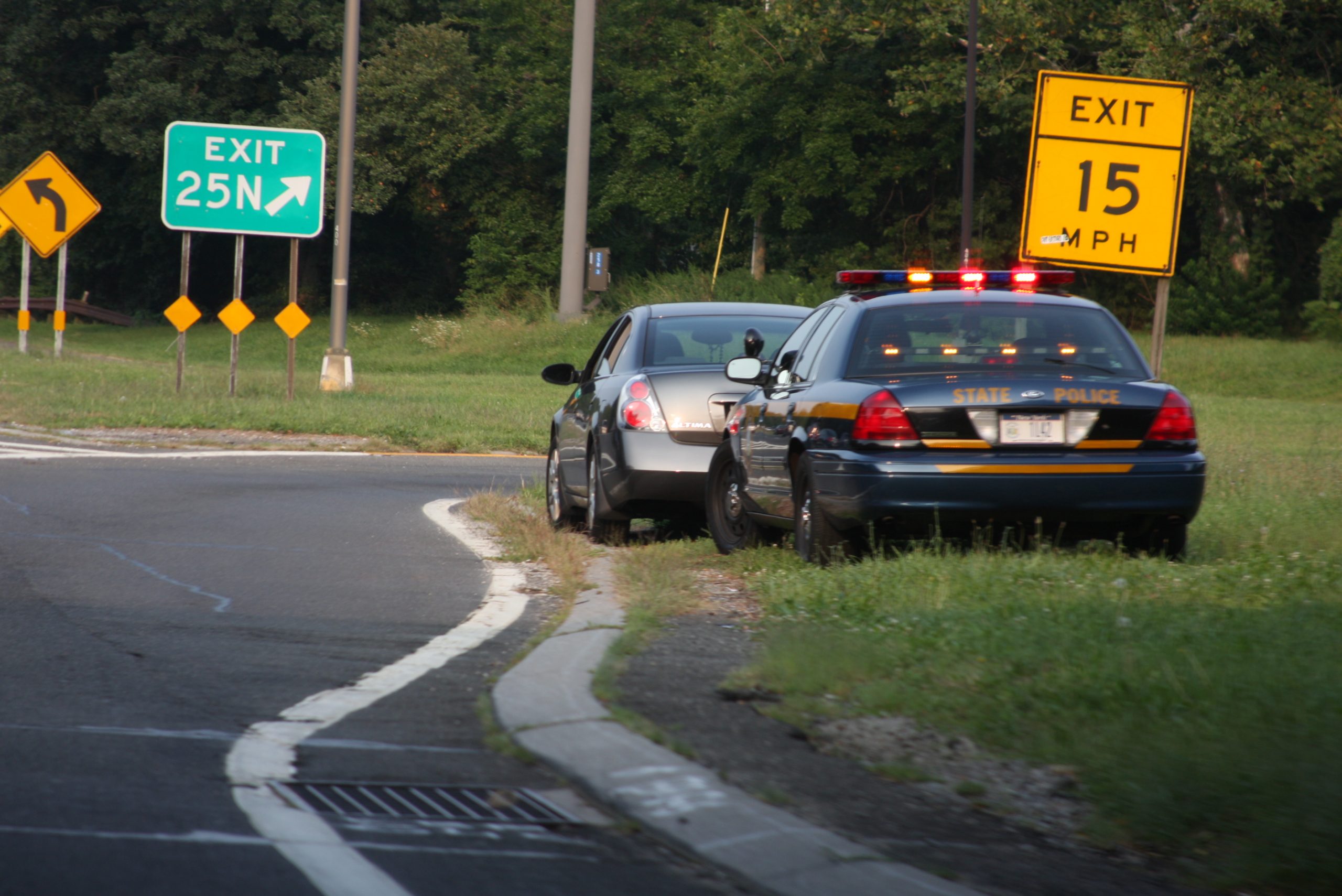
Although many of us view traffic stops as a minor inconvenience, a ticket on the commute to school can end in traumatic separation for undocumented immigrants and their children. Using interviews and data from The US Customs and Immigration Service (USCIS), Robert Smith and colleagues found that the threat of deportation can jeopardize children’s mental and physical wellbeing.
Smith and colleagues interviewed undocumented parents who have been pulled over for driving without a license. Parents described stops where the police discovered they were unlicensed and delivered them to ICE (Immigration and Customs Enforcement) on the side of the road while their children watched. The children in the backseat watching these encounters experienced short and long term emotional harm after police stops and ICE detainment, including nightmares, post traumatic stress disorder and difficulty adjusting to change in family structure. After these arrests, the parents felt that police neglected their children. For example, one mother described how police made her young children walk three miles home unaccompanied on a cold winter night.Children and parents lived in constant fear that routine trips to school or the doctor would lead to separation after a police stop. This constant fear of separation from parents made it hard for kids to focus in school. One mother reported that her son had to repeat fifth grade because of his anxiety about his mom being deported. Likewise, fear of deportation can also prevent parents from taking their children to routine healthcare visits.
Many parents reported that they were stopped by police due to racial profiling. Researchers found that a majority of people deported after a traffic stop were booked under “No conviction,” meaning that they were not convicted of any crime or driving violation. Instead, many were targeted for stops on account of their racial appearance. Smith and colleagues found that some law enforcement agencies would even work cooperatively with ICE to scout out undocumented people through traffic stops.
The authors argue that New York’s newly implemented Drivers License Access and Privacy Act, commonly known as the Greenlight law, could prevent these harms to children. The law allows undocumented immigrants in New York to obtain drivers licenses and prevents the DMV from reporting them to ICE. However, the government’s implementation of the Greenlight law has been inconsistent, weakening its effects. In the small number of counties where Greenlight licenses are offered, lack of funding restricts the amount of licenses that the DMV can administer per day. Some DMV offices refuse to offer services in Spanish and make Greenlight applicants, but not standard license applicants, wait outside in the cold.
The researchers suggest that universal implementation of the Greenlight law and more thoughtful policing of Latinx communities could eliminate the harm to children and families that comes from police stops, ICE detainment, and family separation. Other solutions include expanding busing to communities with large immigrant populations. This would ensure that children have a safe ride to school and parents would not have to risk deportation by driving unlicensed. These efforts could address the reality that short and routine car trips put some immigrant families at risk of police contact and the harm and separation that can follow.

Comments